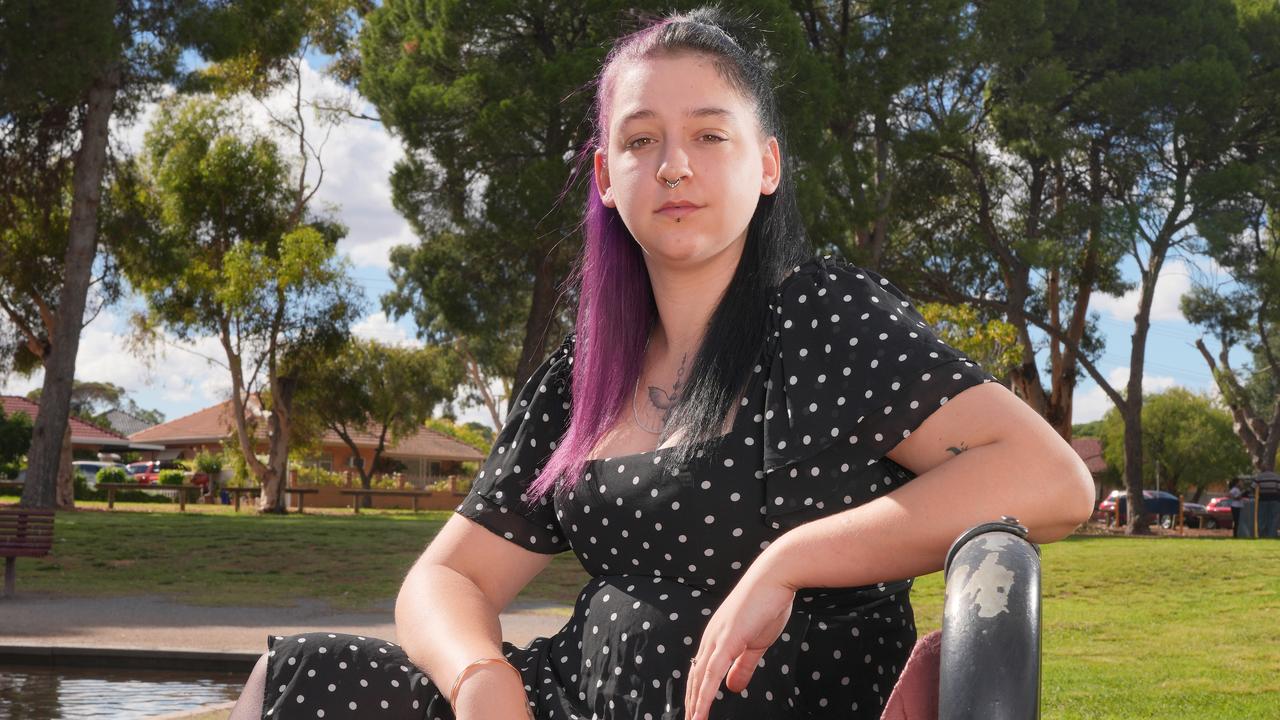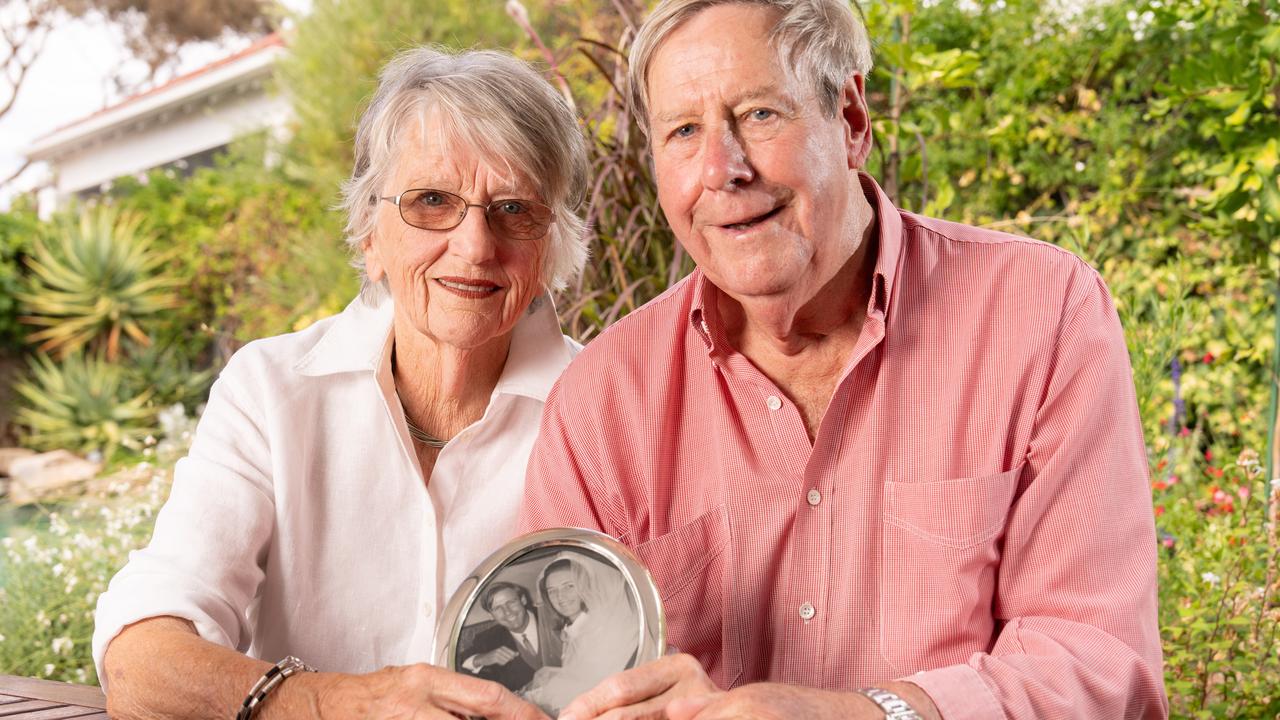Mental Health Coalition’s warning to Health Minister Stephen Wade – ‘get real’ and deal with this crisis now
A coalition is gathering behind SA Health whistleblower John Mendoza, urging government action on the surge of post-COVID-19 mental health issues. Here is their 10-point plan.
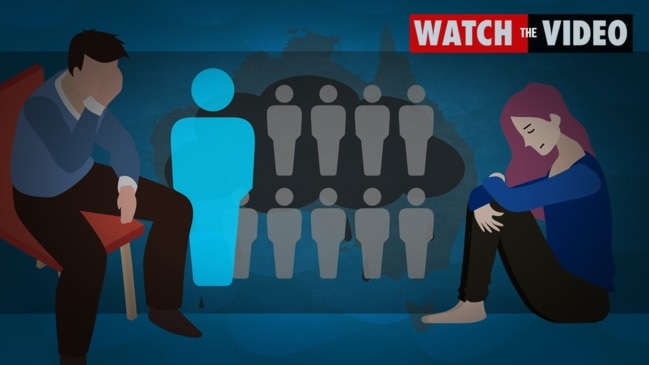
SA News
Don't miss out on the headlines from SA News. Followed categories will be added to My News.
A coalition of mental health heavyweights has launched an unprecedented directive to Health Minister Stephen Wade to start fixing the state’s broken system by getting prisoners and NDIS-ready clients out of general mental health beds.
The Royal Australian and New Zealand College of Psychiatrists (RANZCP) says 20 extra forensic beds are needed, along with a fully staffed, multidisciplinary prison in-reach mental health service.
“The crisis is now. We need action now, we need administrative leadership now,” said the peak body.
Its urgent call-out backs a 10-point rapid reform plan by SA Health whistleblower John Mendoza, who said forensic mental health patients were occupying 1600 bed days in the first three months of the year at the Royal Adelaide Hospital because there was no room at James Nash House.
He said NDIS-ready patients were waiting up to 1000 days in mental health beds.
Union and peak body representatives on Thursday stood in a united front with Professor Mendoza outside the Royal Adelaide Hospital.
They are demanding a roundtable meeting with Mr Wade and are fed up with government inaction despite months of escalated warnings of a surge in mental health demand post-COVID-19.
The coalition has added its own demands in backing Prof Mendoza’s 10-point plan (see below).
“The State Government needs to get real about the crisis and sit down with the clinical directors of all the Local Heath Networks – it’s much bigger than the current short-term initiatives and its going take more than just dollars and cents – they need to be emotionally invested to really commit to change,” said Dr Paul Furst, RANZCP SA branch chairman.
Dr Furst said cross-jurisdiction responsibility was needed to shift people who are NDIS ready out of mental health beds and costing taxpayers much more dollars. It was an example, he said, of Prof Mendoza’s criticism of “a special level of incompetence” in system administration.
Prof Mendoza was sacked as mental health and prison health services director at Central Adelaide Local Health Network after publicly criticising SA Health officials last week. He is today calling for a national, whole of government mental health response, like the one in 2006 (see Comment below).
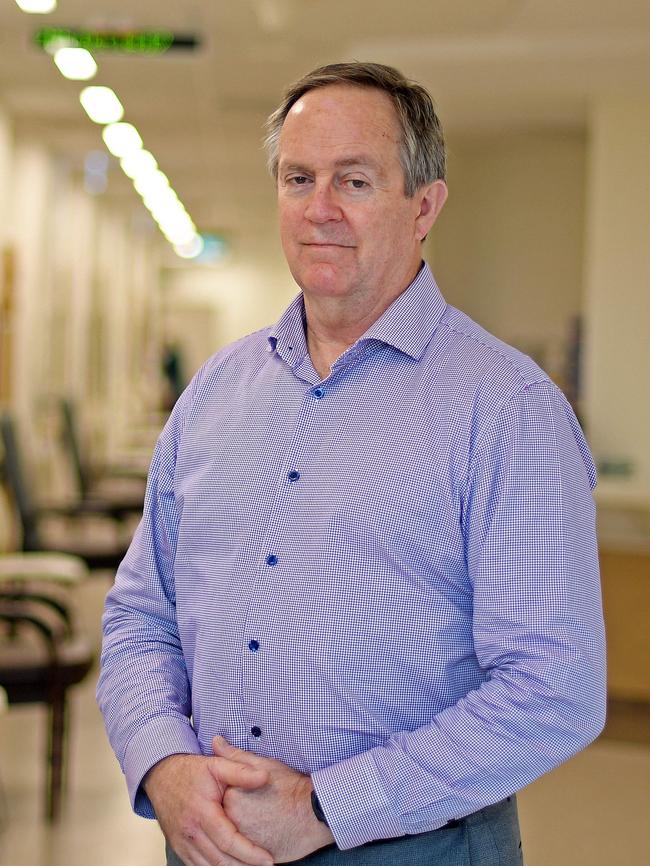
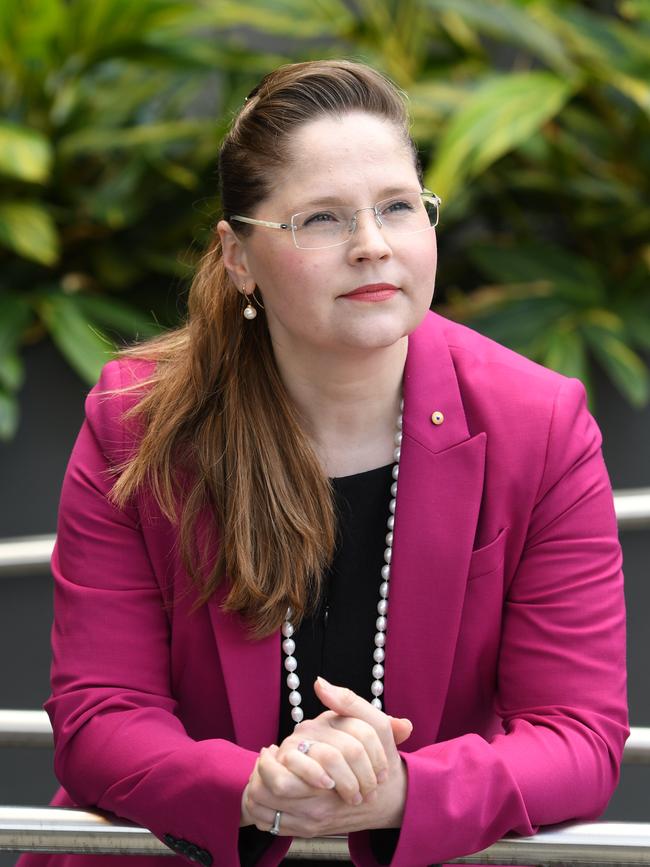
Adjunct Associate Professor Elizabeth Dabars, CEO of Australian Nursing and Midwifery Federation SA branch, said the group had been raising red flags over the mental health system with the Marshall Government since it was elected in 2018.
“Minister Wade cannot continue to wash his hands of the responsibilities that rightly sit with him as Minister – he must allocate delivery targets and the resources to meet them,” she said.
Dr Mark Morphett, Australasian College for Emergency Medicine SA faculty chairman, said: “Emergency clinicians have been advocating strongly for years for systemic improvement for people needing mental health care with very little change – clearly there has been insufficient engagement and investment at the highest levels to effect any sort of meaningful improvement, and that needs to change urgently.”
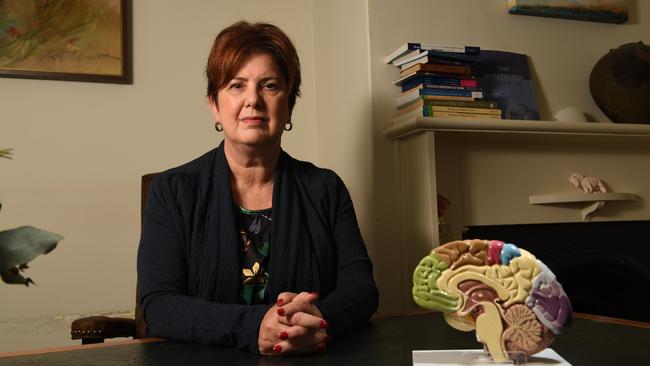
Australian Medical Association SA vice president Dr Michelle Atchison said: “We don’t have six months, we don’t have three months – we need it fixed now. Real listening with a will to find solutions is needed now to keep the system from cracking.”
Bernadette Mulholland, senior industrial officer for the South Australian Salaried Medical Officers Association, said: “Stop bean counting and look at the unfathomable cost to patients, their families and the clinicians who are overwhelmed, fatigued, feeling helpless – it’s a disaster and Minister Wade needs to be strong in advocating for more resources, not focused on defending the indefensible.
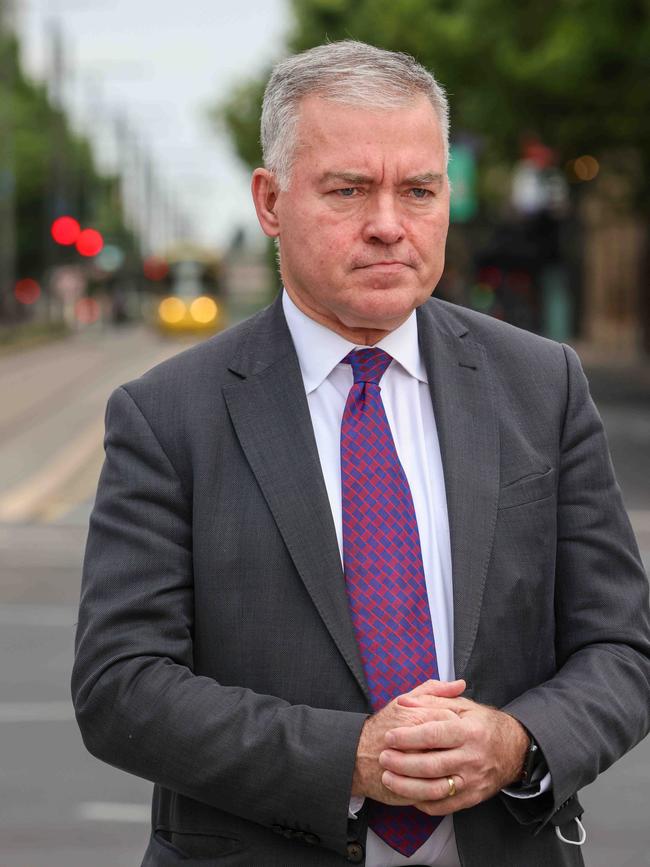
Mr Wade said he would continue to work closely with mental health consumers, carers and clinicians in implementing and evolving the 15-month-old Mental Health Services Plan which would drive system-wide reform.
He said mental health remained a focus of the government, which had invested in new and expanded services. “The challenge is huge, it will take time, there is more work to be done but the government shares the passion for mental health reform.”
An SA Health spokeswoman said there were demand peaks for forensic mental health beds, but that most forensic patients were managed in the community and that measures were in place to stem the flow from prison and the courts, and allow more rapid admission to James Nash House.
SA Health says the rapid responses being suggested by Prof Mendoza and others were addressed in the MHSP or through initiatives – a claim repeatedly disputed by Prof Mendoza.
“SA Health is more adept at running a piggery churning out porkies than a health system,” he added.
Opposition health spokesman Chris Picton said the “unprecedented” display of unity from clinicians and experts should make the Liberal Government address their inaction and cuts in mental health.
“Our doctors, nurses and consumer representatives all acknowledge the system is in complete crisis and cannot be ignored one minute longer,” he said.
“Steven Marshall has to stop ignoring this issue and immediately reverse his Government’s cuts to mental health, starting with his $5 million budget cut to the Royal Adelaide Hospital.”
Warning: resignations are tip of the iceberg
At least two psychiatrists have resigned from the Royal Adelaide Hospital’s mental health unit in the past three weeks, it can be revealed.
More resignations are expected to follow those of the consultant psychiatrists, coming after the controversial exit last week of Adjunct Professor John Mendoza.
SA Health said it could not comment on the resignation of staff.
Sources close to the mental health sector have confirmed at least two consultants left their jobs in March and April, with more to come amid ongoing concerns of understaffing and peaking demand.
“We are starting to see more of our consultant psychiatrists leaving, and some are stepping down from leadership roles because it’s become untenable,” South Australian Salaried Medical Officers Association senior industrial officer Bernadette Mulholland said.
“We have been inundated by doctors confirming the system is failing mental health patients and telling us the health bureaucracy and government are simply not listening.
“Clinicians are overwhelmed, fatigued, feeling helpless. It’s a disaster.”
The reason behind the resignations remain unclear.
Prof Mendoza gave notice of his resignation as mental health and prison health services director at Central Adelaide Local Health Network (CALHN), which manages the RAH, last month. His last day was planned for mid-May.
But he said he was asked to leave last Wednesday, hours after publicly revealing his ongoing and serious concerns over the state of mental health across CALHN, particularly the RAH.
He said mental health demand and discharge at the RAH was “bordering on clinically dangerous” levels.
He said there had been an almost 40 per cent increase in mental health emergency department presentation at the RAH in February compared with two years ago.
Opposition health spokesman Chris Picton said: “This ongoing exodus of staff will have a disastrous impact on mental health patients, and only accelerate the ramping and overcrowding crisis.
“Sadly we will lose more talented and experienced staff and worsen the problem as long as the Government continues to ignore the doctors and put budgets ahead of patients.”




